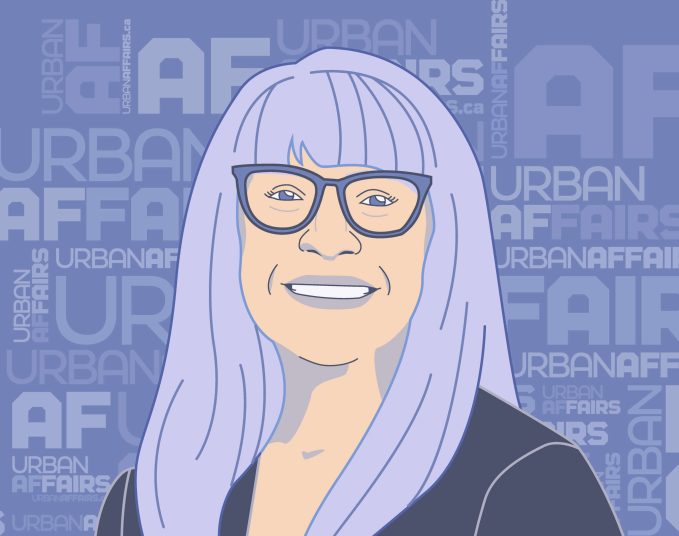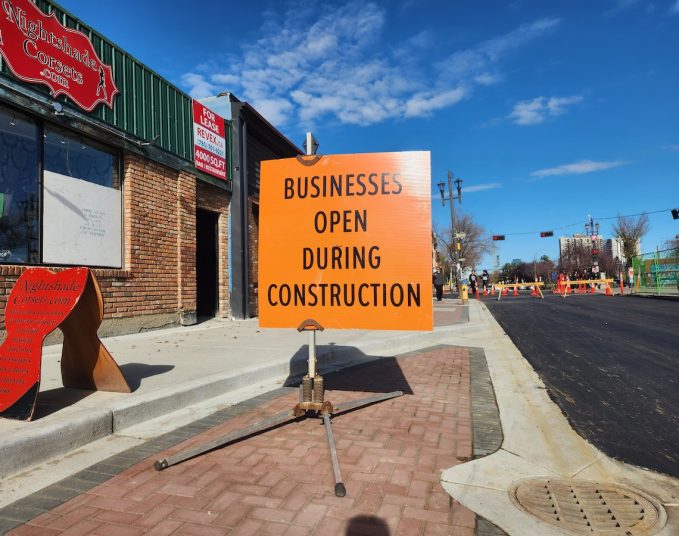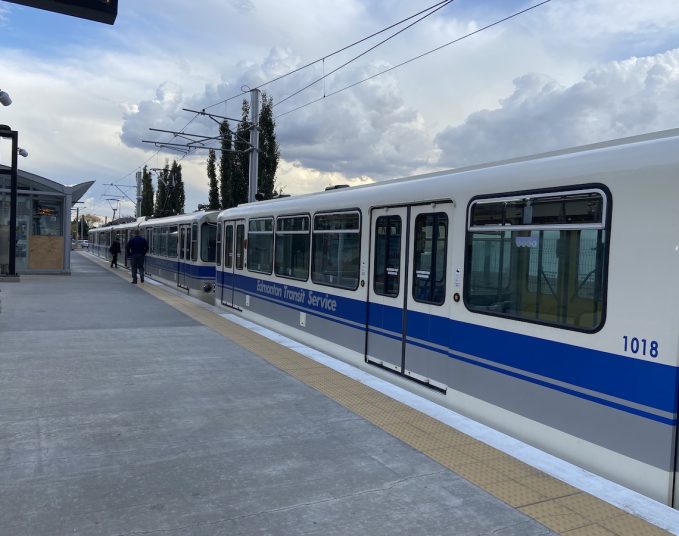The Oliver community will have a new name. But, that new name for the central neighbourhood has yet to be formally revealed, and still needs to go to council.
Robyn Paches, the president of the Oliver Community League, confirmed that an agreement has been reached on a new name, but it has yet to be made public. The Naming Circle is working on a way to work with Indigenous leaders to make a “respectful” announcement.
The neighbourhood is (soon to be was) named for Frank Oliver, the former Liberal politician and newspaperman who championed many racist views. He supported legislation that restricted immigration based on ethnicity, and championed regulations that restricted the movement of Indigenous peoples. The Oliver name has been a contentious issue for several years, as more and more people learned about his time as both a writer and political leader. A Naming Circle was created to take in community input on how the community should move forward.
Now, all that has to be done is for council to approve the new name, after it’s been revealed to the public, of course.
The Frank Oliver name is not the only one that has been debated in the City. The name of the former Grandin LRT station has been changed to Government Centre, as Bishop Grandin was a key player in the acceptance of residential schools across the country.
Members of the City’s Naming Committee were at City Hall this week, and they lauded the Oliver process. The Urban Planning Committee was told that the way the Oliver community decided on the new name is a blueprint for how other neighbourhoods should undertake these processes going forward.
“The long answer is we’re very supportive of the way that process began,” said Erin McDonald, the chair of the Naming Committee. “The follow-through that community took to nurture a conversation that was very difficult to the point… where we approved in principle our support for the name and that will come to council.”
The Naming Committee was at City Hall to report on its progress. In 2021, the City adopted a new strategy for place names. “Indigenous naming, fostering relationships with Indigenous communities as well as diversity and inclusion are now centred in naming practice.”
But the Commitee said it has many hurdles to overcome, including the very white makeup of its membership. It wants to diversify its membership, but that requires more outreach in Edmonton’s various communities. The terms of the Naming Committee members expire at the end of April, 2024.
The Naming Committee also has a list of pre-approved names that are on a waiting list to be placed on parks, streets or other City assets. Some of those names have been on the list for years, and there is debate on how to re-examine those candidates, now that the naming rules have changed. Or, should the waiting list simply be wiped clean, and the City starts again?
The committee is going through the process of collecting all the data about the placenames in what they have so far. But, Mayor Amarjeet Sohi noted that, of the stats gathered so far, 57 per cent of the named places are for men, while just seven per cent are named for women. Many other place names come from geography, animals or other non-human sources.
The committee has yet to crunch the numbers on the heritages of those names, but vice-chair Matthew Dance said most would be British or Western European.
“What names are sticky?” said Dance. “What names, taken through a modern lens, might cause harm to some people?”
The Naming Committee will come back to the City in 2024 with a progress report.
“Our city is changing, and no matter how many communities I speak with, I consistently hear, over and over again, communities want to be seen,” said Coun. Keren Tang. “They want to be seen in our public spaces.”
Savvy AF. Blunt AF. Edmonton AF.




